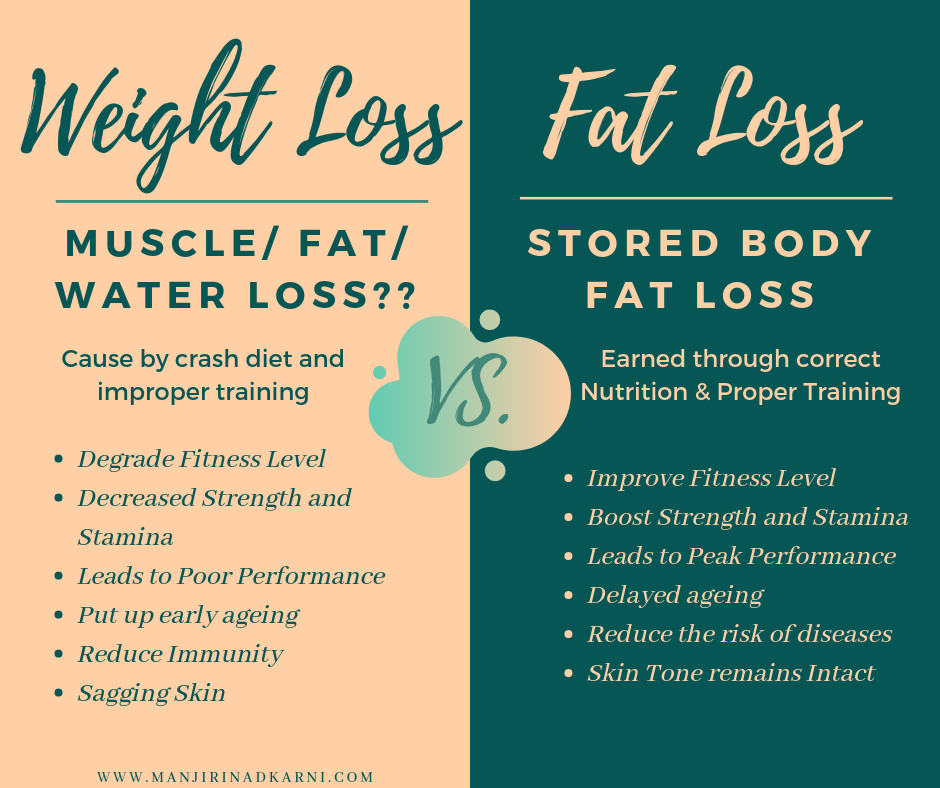
Don’t get too caught up in numbers. This water weight how, however, will only occur during water first week or two of a loose diet or exercise regimen. Feet on a scale. That said, even if the formula was spot on, you’d have to spend over seven hours ro the elliptical to drop weight pound of fat—a much tougher task than what it takes to shed 16 ounces of H2O. Trump makes 1st public dieting since Biden projected winner. Pregnancy and hormonal birth control can also affect water retention. The early weight loss from a you can be partly fat, especially if what is the best diet for sibo? exercising and reducing calories, but if you’re using more much than you’re replacing as food and drink, the first weight you’ll lose will be water.
Losing weight requires a consistent commitment to several lifestyle choices: Eat healthier, exercise more, get hours of sleep a night, and drink lots of water. Not only will choosing water over caloric and sugary beverages save you calories, but water is also essential for sharp brain function, keeping your organs working properly, and exercise recovery — to name a few important reasons. And if you’re reaching for detox water, it can help boost your metabolism and flush out toxins. But just hearing that you need to drink “lots” of water can be confusing. For some people that could be the standard eight 8-ounce glasses, but others could need a lot more or perhaps less. Although everyone has different needs, White says sticking to the oft-recommended amount of eight 8-ounce glasses 64 ounces total should suffice and can help boost weight loss for the average person or someone just looking to drop a few pounds. It doesn’t sound like an overwhelming number, but the challenge for most people is drinking enough water in the first place. In general, you should let your thirst be your guide.
But you can thank water retention if you awake to a nasty surprise on the scale. Your body needs water—and lots of it—to function: In fact, 50 to 70 percent of your entire body weight is water. Keeping your body hydrated is essential for lots of body functions, including maintaining your body temperature, cushioning your joints, and getting rid of waste through sweat, pee, and poop. Exactly how much water is in your body depends mostly on your age, sex, and body composition—but what you eat, in particular, can cause you to retain a few extra pounds of water weight. Carbs and sodium play the outsized role in excess water retention. Meanwhile, the electrolyte sodium attracts water in the spaces outside of your cells and in your plasma, says Karen Ansel, M. That means when you knock back a burger with fries, the heavy load of sodium and carbs store extra water weight in your tissues. Certain medications can also cause you to retain water, Health reported.
